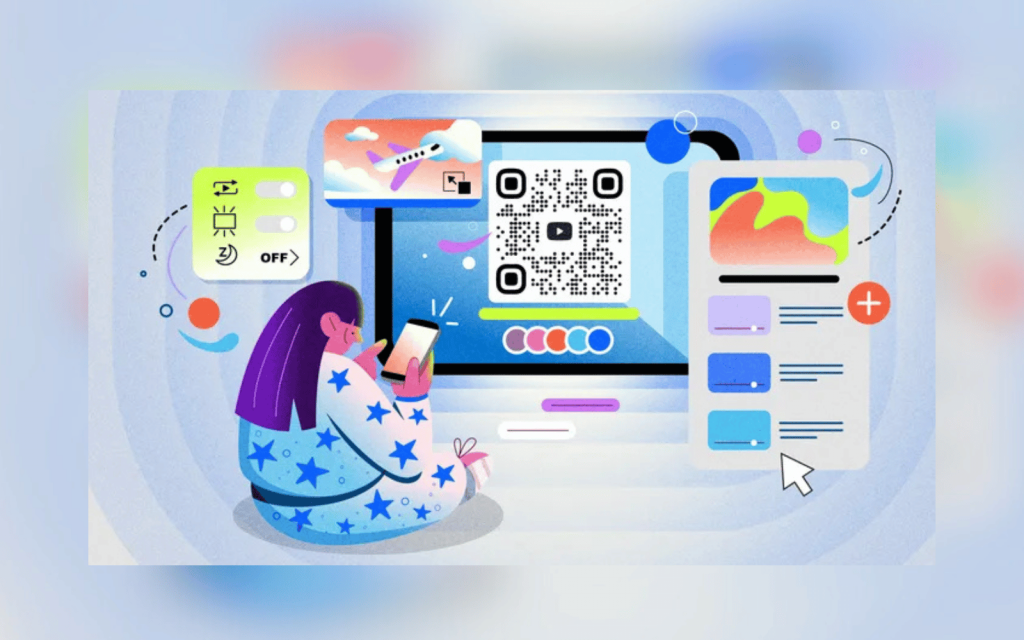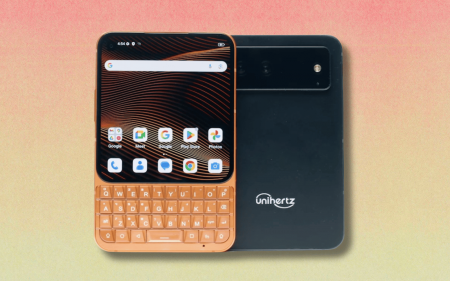YouTube is launching a new feature to assist creators by allowing them to remix a select group of authorised songs. Users can choose one of these songs, prompt the AI to customise the song’s mood or genre, and get a remix to match the emotion of their content.
YouTube’s AI remixer
Last November, YouTube launched its Google DeepMind-powered Dream Track experiment, which allowed a select group of creators to create soundtracks with authorised AI-generated voices from artists like Charlie Puth, Charli XCX, Demi Lovato, John Legend, and a few others. Dream Track shorts show a tag indicating that they were made with AI, as well as a purple-pink gradient on the thumbnail.
YouTube now evolves Dream Track further with the ability to remix a subset of songs with the power of generative AI. Creators pick an eligible song and then write a quick prompt on how they want the AI to customise its mood or genre. To change to a different mood, users write their prompts into the ‘Restyle a track’ bar and the AI gives them a newly remixed soundtrack that flips the original track while retaining the vocals’ essence. The “restyled” soundtracks will be attributed to their corresponding originals on the Short and the Shorts audio pivot page.
With the anxiety around generative AI and its debated capabilities, many will question the ethics of incorporating an AI remix tool into YouTube. Remixing has traditionally been done by learned electronic musicians. The same debate has raged on the ethics of generative AI art, essentially putting years of individual expertise in your smartphone. Like the Dream Track vocals, YouTube promises that the listed songs are authorised by their creators. There is cause for skepticism, though, since most artists do not own their music’s publishing, and therefore have no say in how their hits are licensed.




